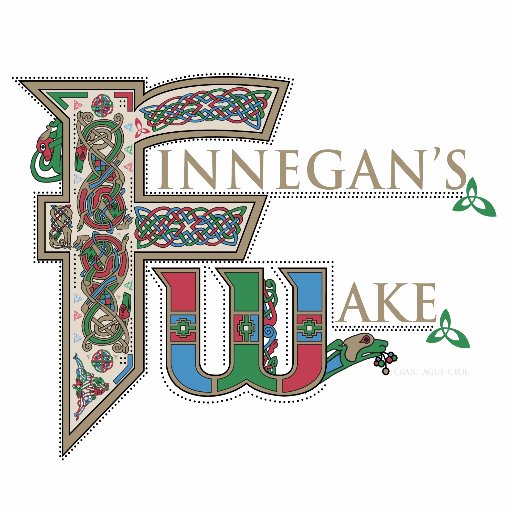

Unlike many honors – knighthoods, for example – it was strictly for achievement, without regard to rank or status: hence, purely meritary/meritory/merited, and since the poor could at least theoretically receive it, poorly meritary etc. Although McHugh is surely right in hearing an overtone of “purely military,” in fact it was from the beginning given to both military and civilians (“major poet” (.22) may accommodate both), although after 1842 the two received different versions. 48.16: “zimzim, zimzim:” not sure, but I suggest that this is the sound of the zither (.15).Ĥ8.22: “poorly meritary order:” “ Pour le Merité:” despite the French words, a Prussian (later German) medal for service of the highest order – something equivalent to the Victoria Cross or the Congressional Medal of Honor. See next entry.Ĥ8.14: " Loch Neach:" a neach is an Irish fairy. “cloud barrage:” a term from WW I: a shell loaded with phosphorus would produce a “cloud barrage” reducing visibility to near-zero.Ĥ8.10: “zouave:” suave, in original sense of agreeableĤ8.13: “taking four parts:” character actors (“Caraculacticors” (.07): see McHugh), as opposed to leading actors, sometimes play/played multiple roles.Ĥ8.14: “ Serven Feeries:” seven fairies: a familiar motif in nursery rhymes, fairytales, pantomimes a run through Google Books suggests that it was especially popular in renditions of Sleeping Beauty.

Here seems to indicate a difficulty in telling the two apart, due to the fogĤ8.2: “hill cat:” hellcat: a hell-raiser, often a woman, sometimes a witchĤ8.5. 5.Ĥ8.2: “mixed sex cases:” common meaning of “mixed sex:” including both men and women.

Barragio, as McHugh notes, is Italian for dam, probably inflected by English “barrage,” which occurs at. 48.1: “Chest Cee!:” Just See! Or, in French, “ Ceci!:” This!Ĥ8.1: “Corpo di barragio!:” Given context, may mean something like “The dam has broken!” Cólpo is Italian for a stroke or blow.


 0 kommentar(er)
0 kommentar(er)
